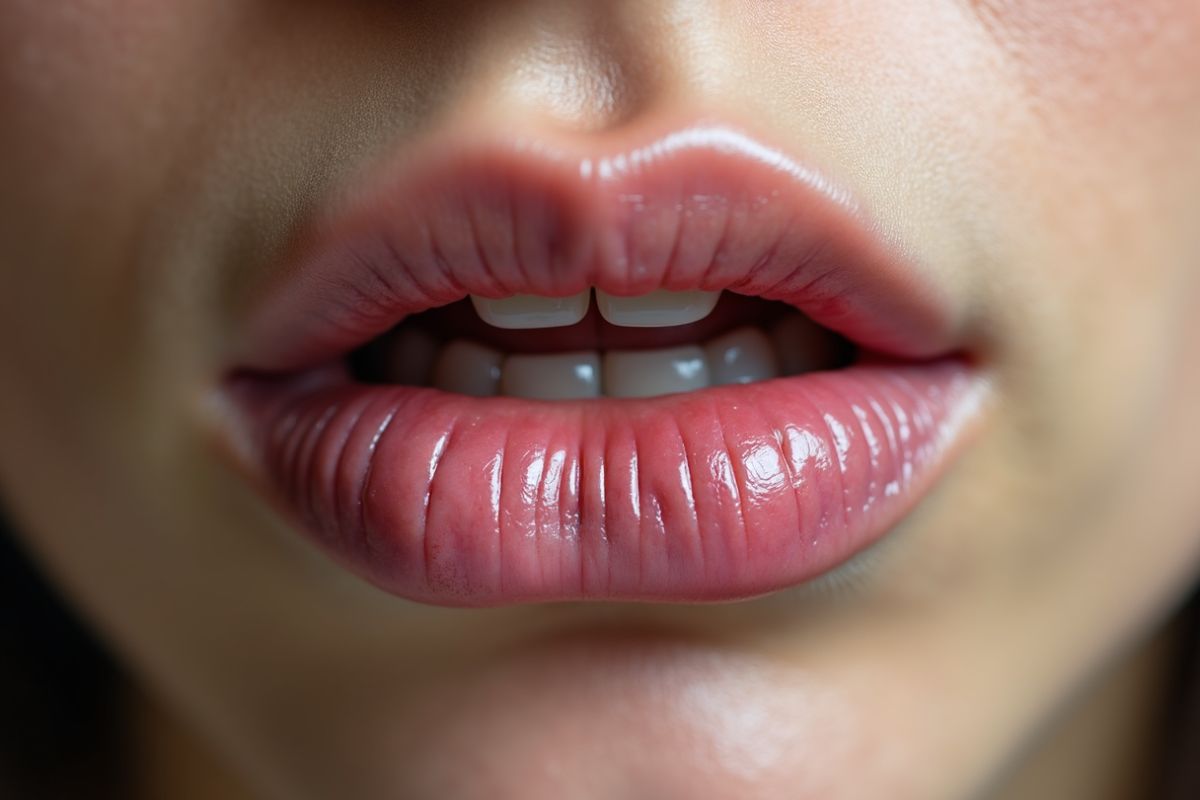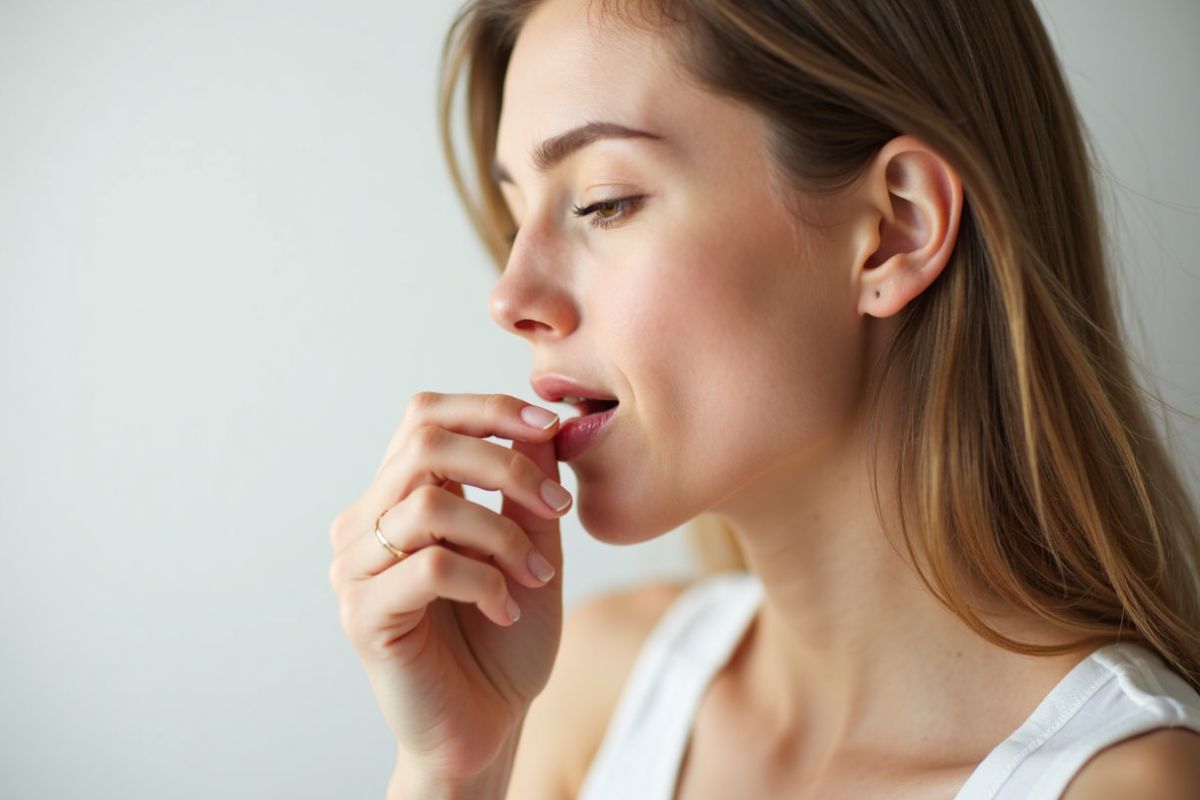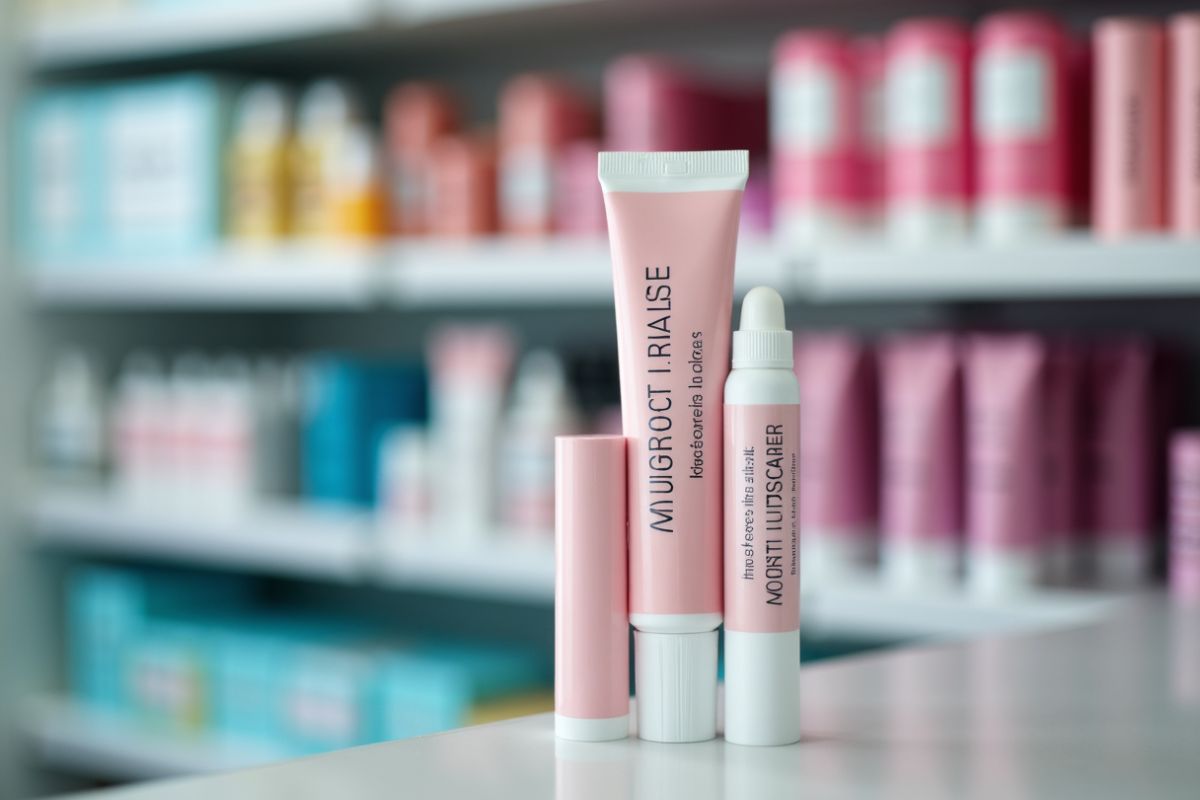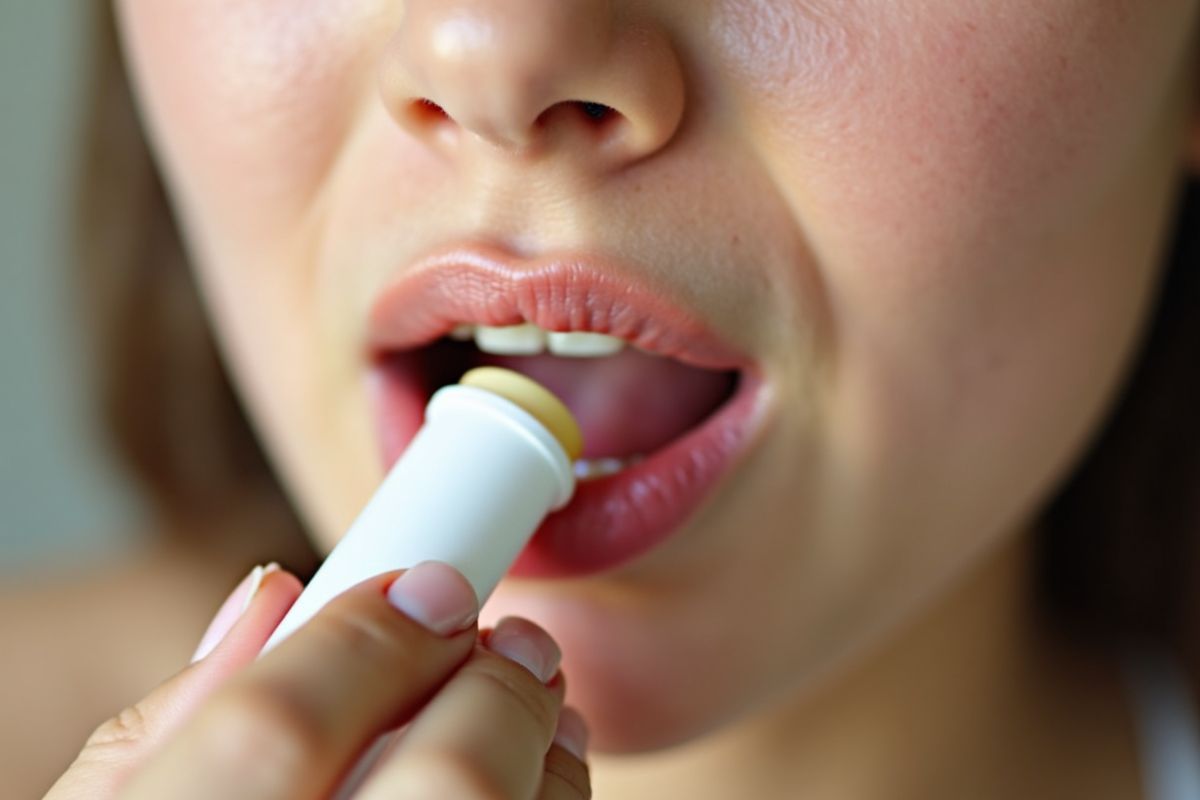Chapped lips, also known as cheilitis, are a common condition characterized by dry, cracked, and sore skin on your lips. Understanding the underlying causes and symptoms is crucial for finding effective remedies and preventing future occurrences. In this article, we will explore the various factors that contribute to chapped lips and provide practical tips to heal chapped lips and keep your lips healthy and moisturized.
Understanding Chapped Lips

Chapped lips are a frequent annoyance, particularly during the winter months, but they can occur year-round. The skin on your lips is much thinner and more delicate than the skin on the rest of your body. Lips don’t contain oil glands like other skin, making them more susceptible to dryness and cracking. Symptoms of chapped lips include symptoms ranging from mild dryness to severely dry and painful cracks. Fortunately, many effective chapped lips remedies can be treated at home to alleviate discomfort and promote healing.
What Causes Chapped Lips?

Several common causes contribute to the development of chapped lips. One of the primary reasons is dry weather, especially during winter when humidity levels are low. This dry air can quickly dehydrate the lips, leading to cracking and discomfort. Another frequent cause of chapped lips is the habit of licking your lips. While it might seem like a temporary remedy to feel dry, saliva evaporates quickly, leaving lips even drier than before. Other causes of chapped lips include exposure to the sun, wind, and certain irritants found in cosmetics or lip care products. It's important to identify and avoid these triggers to prevent chapped lips.
Common Symptoms of Chapped Lips
The symptoms of chapped lips are usually quite noticeable and can range from mild to severe. Early signs of chapped lips include a feeling of dryness and tightness. As the condition progresses, your lips can become increasingly dry and cracked. The skin on your lips may start to peel, and small fissures or cuts can develop, which can be quite sore. In more severe cases, the cracked lips may bleed. Some individuals may also experience inflammation of the lips, a condition known as cheilitis, which can cause redness, swelling, and pain.
Risk Factors for Developing Chapped Lips
Certain factors can increase the likelihood of developing chapped lips. People with dry skin are generally more prone to experiencing dry and chapped lips, as their skin naturally lacks sufficient moisture. Exposure to environmental elements such as dry air, wind, and sun can significantly contribute to the problem. Habits such as frequently licking your lips or breathing through your mouth can also cause chapped lips. Furthermore, certain medical conditions and medications can cause dry lips. Even underlying causes such as allergic reactions or infections can manifest as cheilitis and cause chapped lips. To prevent chapped lips, it is essential to manage these risk factors effectively and protect your lips from potential irritants.
Common Causes of Dry Lips
Environmental Factors that Cause Dry Lips
Environmental factors play a significant role in the development of dry lips. Exposure to dry weather, particularly during winter months when the humidity is low, is a common cause of chapped lips. The dry air can strip moisture from the skin on your lips, leading to dry and cracked lips. Similarly, prolonged exposure to the sun and wind can also cause chapped lips. To protect your lips from these environmental stressors, it is crucial to use a lip balm with SPF protection. Using a humidifier in your home can also help to keep your lips moisturized by adding moisture to the air, effectively helping to prevent chapped lips.
Health Conditions Leading to Cheilitis
Certain medical conditions can manifest as cheilitis and cause dry lips. For example, inflammatory bowel disease or autoimmune disorders can sometimes lead to inflammation of the lips. Furthermore, fungal infections or allergic reactions can also trigger cheilitis. Actinic cheilitis, caused by chronic sun exposure, can lead to persistent dry and chapped lips and may even increase the risk of developing skin cancer. Addressing the underlying cause of these medical conditions is essential for managing cheilitis effectively. If chapped lips don’t go away after trying common treatments at home, consulting a healthcare professional is advisable to identify and treat any underlying medical condition.
Medications and Their Effects on Lip Health
Certain medications can have side effects that contribute to dry lips. Some medications, such as those used to treat acne (like isotretinoin), can cause significant dryness of the skin, including the lips. Diuretics, which are used to treat high blood pressure, can also lead to dehydration, resulting in dry and chapped lips. Chemotherapy drugs can also cause dry lips. If you suspect that a medication is causing your chapped lips, talk to your doctor. It is essential to use a lip balm regularly to protect your lips and prevent chapped lips. Staying hydrated and using a lip balm can help mitigate the drying effects of these medications and keep your lips healthy.
Effective Remedies for Chapped Lips

Home Remedies to Treat Dry Lips
For those seeking to heal chapped lips at home, several effective home remedies can provide relief. The application of natural moisturizers like coconut oil or shea butter can help to hydrate the skin on your lips. Honey, known for its antibacterial properties, can also be applied to treat dry and cracked lips and promote healing. Another great remedy is aloe vera gel, which soothes inflammation of the lips and provides a moisturizing effect. Regular application of these natural remedies throughout the day can help alleviate symptoms of chapped lips, prevent chapped lips, and restore moisture and keep your lips healthy.
Over-the-Counter Treatments for Cheilitis
Several over-the-counter treatments are available to treat dry and chapped lips. Medicated lip balms containing ingredients like petrolatum, beeswax, or ceramide are highly effective in creating a protective barrier that locks in moisture. Some lip balms also include ingredients that soothe inflammation of the lips, such as chamomile or calendula. When choosing a lip balm, it's important to avoid products with harsh chemicals or fragrances that can further irritate the skin on your lips. The skin on your lips is more sensitive than other areas on your body.
When to Seek Professional Help for Sore Lips
While most cases of chapped lips can be treated at home, sometimes professional help is necessary. If your symptoms of chapped lips include severely dry, cracked lips that bleed or show signs of infection, it's essential to consult a healthcare professional. Additionally, if chapped lips don’t go away despite trying various home remedies and over-the-counter treatments, there may be an underlying cause that requires medical attention. Conditions such as actinic cheilitis or certain autoimmune disorders can manifest as cheilitis and require specific medical interventions to effectively address the issue and keep your lips healthy.
Preventing Chapped Lips

Daily Habits to Maintain Lip Hydration
Maintaining lip hydration through daily habits is essential to prevent chapped lips. Regular use of a lip balm is key, especially before going outside or after eating and drinking. Select lip balms that contain moisturizing ingredients like shea butter and avoid products that contain drying agents such as menthol or camphor. It's also important to avoid the habit of licking your lips, as this can worsen dryness. Staying hydrated by drinking plenty of water throughout the day helps maintain moisture in the skin on your lips, preventing them from becoming dry and cracked. These simple daily habits can help prevent chapped lips.
Protective Measures Against Environmental Damage
To effectively prevent chapped lips, taking protective measures against environmental damage is crucial. Exposure to dry weather, especially dry air, wind, and sun, can significantly contribute to dry and chapped lips. During the winter, consider using a humidifier in your home to add moisture to the air, preventing the air from drying out the skin on your lips. When spending time outdoors, apply a lip balm with SPF to protect your lips from harmful UV rays. Shielding your lips with a scarf during cold and windy conditions can also help prevent chapped lips.
Dietary Considerations for Healthy Lips
Dietary considerations play a significant role in maintaining healthy lips and preventing dry lips. A diet rich in essential fatty acids, vitamins, and minerals can contribute to overall skin health, including the skin on your lips. Incorporating foods rich in omega-3 fatty acids, such as salmon and flaxseeds, can help keep your lips moisturized. Vitamin deficiencies can sometimes manifest as chapped lips, so eating a balanced diet with plenty of fruits and vegetables is essential. Staying adequately hydrated by drinking plenty of water throughout the day also helps prevent chapped lips and maintain overall skin hydration.



















